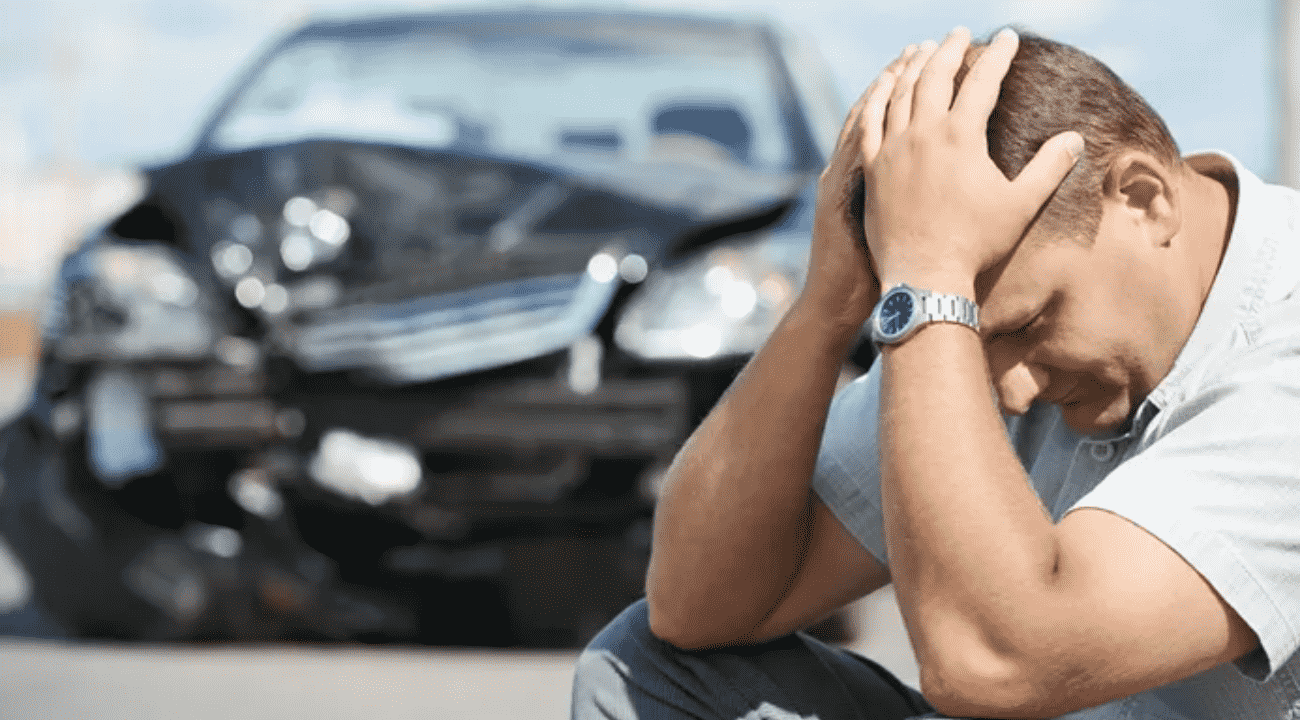Mon to Sun - 24/7 365
The Devastating Impact of Drunk Driving on Community Well-Being
Table of Contents
Toggle
The Extensive Reach of Drunk Driving
Drunk driving remains a critical public safety issue that resonates through every layer of our communities. The decision to drive under the influence of alcohol not only endangers the life of the driver but also poses a lethal threat to pedestrians, passengers, and other road users. The effects of drunk driving extend far beyond immediate physical harm, influencing social relationships, community safety, and local economies.
Heightened Risks to Public Safety
Drunk driving significantly elevates the risk of vehicular accidents. Alcohol impairs cognitive function and reaction times, making it difficult for drivers to respond effectively in traffic situations. According to the Centers for Disease Control and Prevention (CDC), 29 people in the United States die every day in motor vehicle crashes that involve an alcohol-impaired driver. This stark statistic highlights the need for robust drunk driving prevention strategies to protect our communities.
Economic Implications of Drunk Driving
The financial impact of drunk driving is profound. The National Highway Traffic Safety Administration (NHTSA) reports that the annual cost of alcohol-related crashes is more than $44 billion. These costs accrue from medical bills, emergency services, legal expenses, lost productivity, and property damage. This economic burden not only affects those directly involved in these incidents but also places a hefty strain on local and national economies, increasing insurance premiums and diverting public funds from other critical areas of need.



